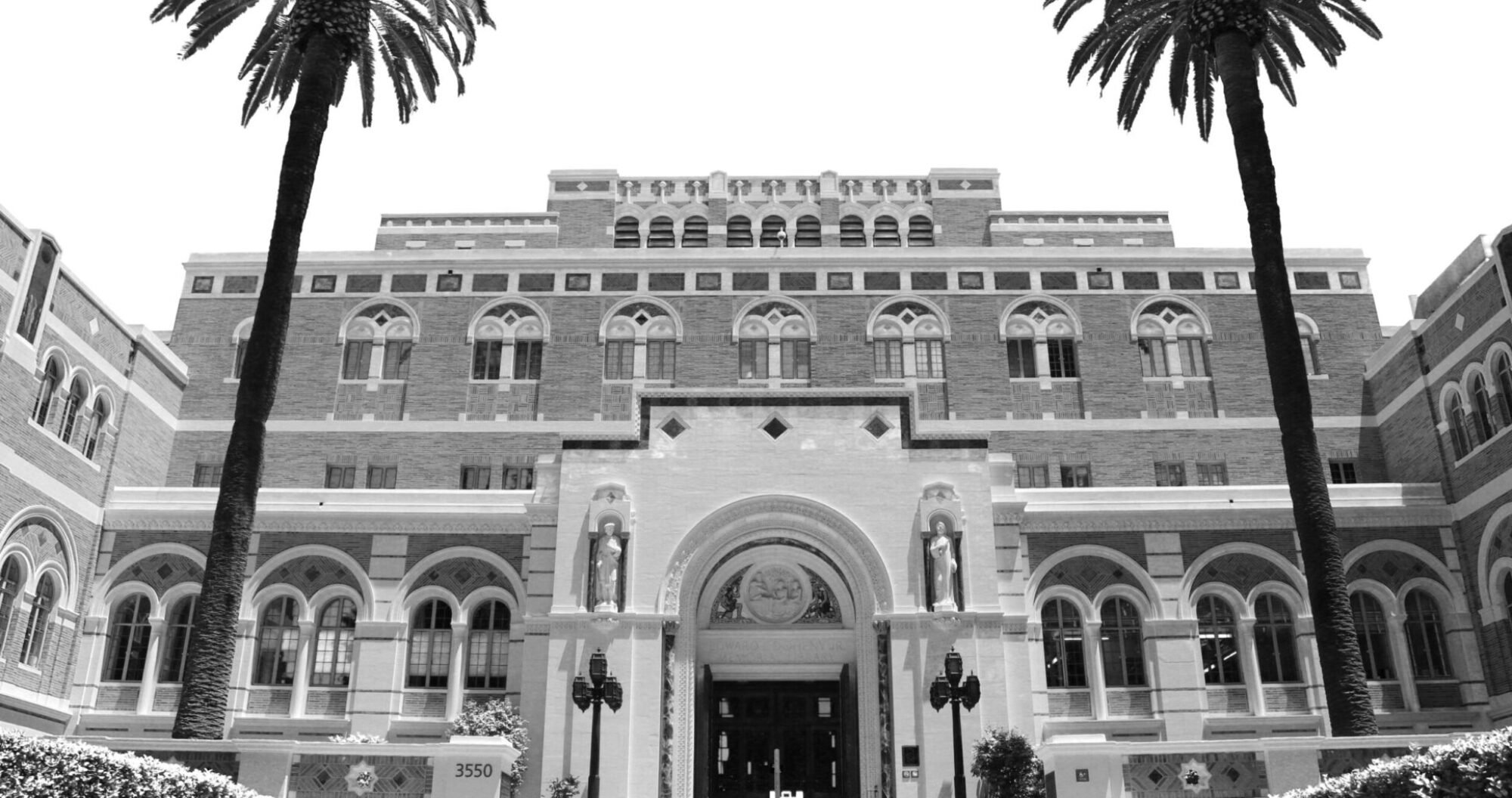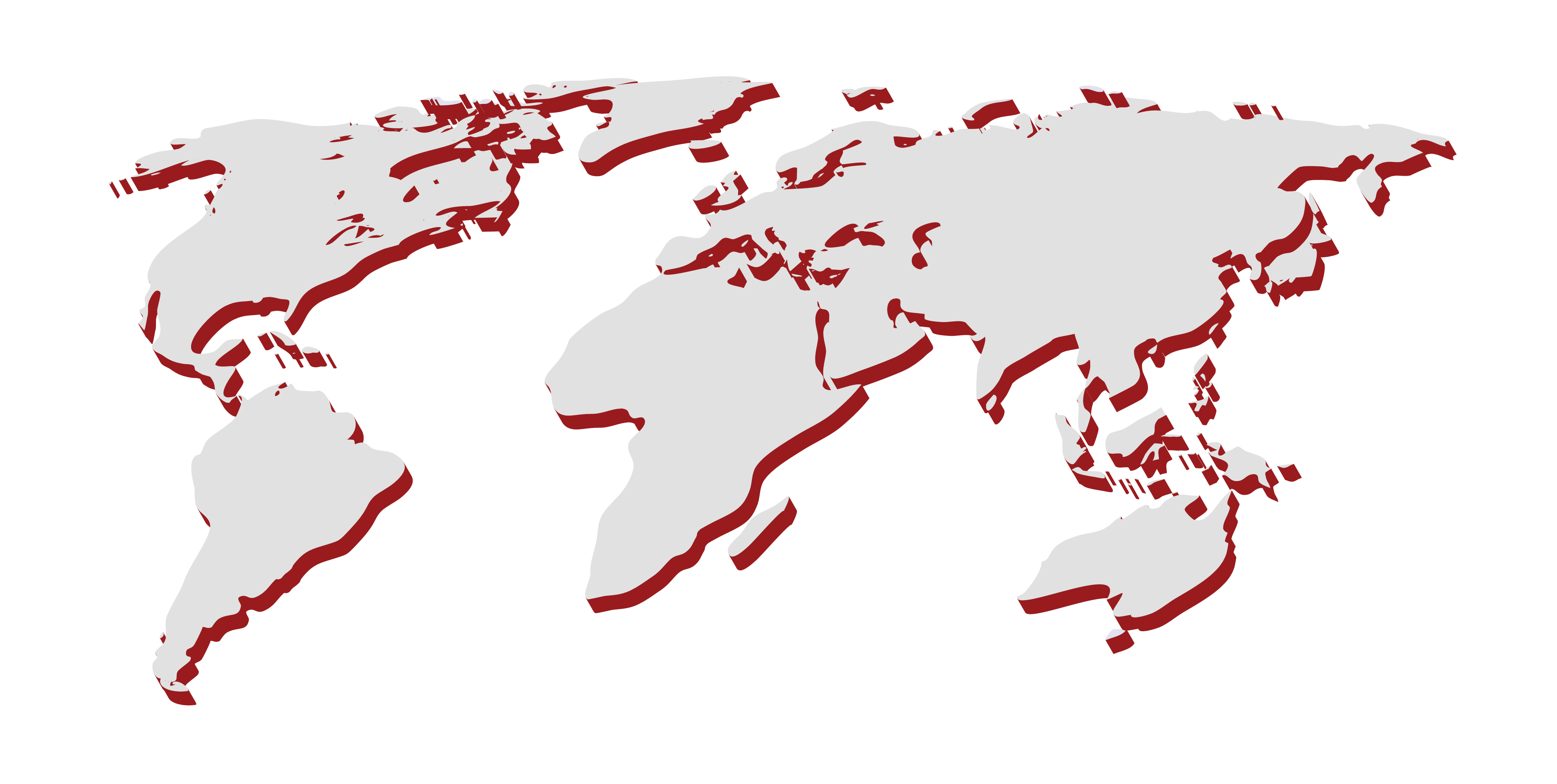ALUMNI AROUND THE GLOBE
Over its 20-year legacy of promoting professional and intellectual growth while advancing an international perspective on social sectors, the International Public Policy and Management (IPPAM) program at the USC Price School of Public Policy has served as a springboard for many global leaders.
East Asia IPPAM Alumni
North America IPPAM Alumni
South America IPPAM Alumni
East Asia IPPAM Alumni
South & Southeast Asia IPPAM Alumni
Eurasia IPPAM Alumni
Middle East IPPAM Alumni
Central Asia IPPAM Alumni
Africa IPPAM Alumni
Click the pins on the map to see more
“When I look back on my past two years at USC, so many precious moments pop into my mind. The experience with the IPPAM program really helps me to be more aware of the possibilities within myself and the purpose of my life. I would like to simplify my experience in three key words: family, creation, and diversity.”
As a journalist and a presenter at Beijing Television for 7 years, Chao was inspired by the passion, entrepreneurship and perseverance of her interviewees, they were start-up founders, celebrities and teachers in rural areas. In the year of 2015, Chao finished her first master’s degree, MBA at Tsinghua University, one of the most prestigious universities in China. And it was incredible to have the opportunity to pursue another master’s degree with the accompany of her son, Andrew, in the city of “LA LA land”. Actually Andrew is a USC alumnus because he literally graduated from the USC kindergarten. Isn’t it cool?! And he was also fortunate to be part of the IPPAM international community. IPPAM is a tight-knit family. There are numerous activities, workshops, networks, alumni reunions held annually throughout the world, which makes IPPAM family and Price family united and close. With this cohesion, profession and passion, Price school is heading to the No. 1 public affairs school globally. Chao remembers that when she was at school, she received emails from Dean Knott whenever something took place. In the year of 2018, she received 57 mails from the Dean. The topics vary from Honoring the Legacy of President George H. W. Bush to California wildfires, from an announcement of new published remarkable books to debates on Abuse of Power & Harassment. As for IPPAM faculty and professors, words fail to express Chao’s appreciation to them. She’s thankful to the teachers who helped her improve her English significantly. She’s thankful to all the professors who guided students to access the amazing academic resources. She’s thankful to Dr. Joyce Mann and Dr. Joanna Yu, who are the mentors of her entire life in the US, encouraging her to break down barriers and fulfill her dreams.
Secondly, Chao appreciated IPPAM for its diversity. IPPAM office provides not only academic support but also living and social support for international students to facilitate their transition to a different culture and a more interactive style of learning. The IPPAM office was called the “mini United Nations” because normally the communications are in at least six languages every day. So students also benefited from multiple inter-cultural communications besides immersing in the US culture. But please allow Chao to warn you that the IPPAM office is not a good place to go on a diet as there’s always too much alluring food available. 😉 The annual talent show, celebrating the Corban Festival and enjoying the traditional food of Saudi Arabia were really fun. It was also fun when Chinese students taught the Korean guys to call them “Měi Nǚ”, which means beauties in Chinese. So the Chinese students enjoyed a lot when the Korean students said “Hi Měi Nǚ”, instead of “hello” in public. It really attracts random Chinese students’ attention at campus.
Chao’s fascination with diversity and cultural exchange inspired her to move her career forward. As she truly believed that learning and travelling are vital to broaden one’s horizon and understand the diversity of the world, she started to invest in education projects and became the MD of Beijing E-Property Investment Co., Ltd. The organisation invested in a premier international education booking platform, providing overseas programs in study, intern, and volunteer for the Chinese participants, enhancing their cross-cultural communication skills, leadership and influence. With the help of IPPAM, Chao has the capacity to help more Chinese youth to experience diversity. Though the outbreak of COVID-19 prevents people from travelling and interacting, Chao believes this pandemic will not mark the end of globalization. Because “No Man Is An Island”, the crisis will help people to appreciate that the world is entering an era when countries and peoples need each other more than ever.
Last but not least, it is about “Creation”. Honestly, Chao didn’t quite understand why the U.S. is such a creative place in the world until she finally studied at IPPAM. She still remembered that when she was at USC, the most impressive word is Plagiarism. Students learned the definition, forms and how serious the consequences of plagiarism could be throughout the whole first semester. She was shocked when she knew that she could even plagiarize herself if she uses her previous ideas. Day by day, she was trained to think of something new and do something cool. And she got used to having a group meeting or brainstorm session before starting every project. The students would feel ashamed to just duplicate others’ thoughts, or achievements. Chao was even excited to come up with a crazy idea of a costume to scare people in a Hollywood party. See how this psychology grew and embedded in her mind. Chao really appreciated the USC IPPAM program to push her to go out of her comfort zone, to think out of the box and be creative. Why does Chao emphasize that creation is so important? “As we all know that artificial intelligence (AI) will take the world by storm, many researchers predict that numerous jobs will be replaced. Just like the name of the first episode of the TV shows, the Games of Thrones, “Winter is coming”. But our enemy is not the white walkers, but robot walkers or even an invisible enemy, like the virus. Yes! The future is full of challenges and difficulties. So, it really doesn’t matter how much we have learned so far, but what we’re going to use this knowledge for. The purpose of higher education is to lead us to be well-prepared, not only a good command of knowledge is required, the ability to be creative has become increasingly important than before as well.”
On a lovely sunny day at IPPAM, Chao asked Dr. Joanna Yu “What Public Policy is actually”. She answered with a smile, “Public Policy makes the world a better place”. Chao was touched in that moment. Also, a famous quote of Romain Rolland, “There is only one heroism in the world: to see the world as it is and to love it”. From Chao’s perspective, it requires more courage to change the world! So, come to become a Trojan with the spirit of “fight on” and join the Price family with the mission of “shaping the world”. I love you, IPPAM!

Chao Feng IPPAM 20
Upon completing the IPPAM program in 2012, Tanya Wu moved to Dallas, Texas immediately as there was a job opportunity for her in the reinsurance industry. Currently, she is the Assistant Vice President- Reinsurance at Artex Risk Solutions. Artex is a global insurance manager specializing in alternative risk transfer with more than fifteen international offices. She collaborates with her colleagues to devise strategies to help insurance companies to retain and transfer their risks to global reinsurance companies with the goal of protecting insurance companies’ capital.
She deeply cherishes her 18 months life experience in the IPPAM program. “The journey at IPPAM elevated my life and opened so many doors for me in the past decade,” said Tanya. She considers Los Angeles as her hometown in the U.S and feels blessed for the opportunity to come back to Los Angeles every year for Thanksgiving.
As an international student from China, she felt IPPAM acted as a perfect bridge for her to understand and respect her international classmates’ cultures and customs and also equipped her to enter corporate America immediately upon graduation. She has great respect for the critical thinking skills she learned while at IPPAM along with courses on policy analysis and Public and Private Partnership. Her learning at IPPAM magnified her among her peers and led her to discover that the Insurance/reinsurance industry is the cornerstone of a well-functioning society and her background in international public policy and management brings valuable international perspectives to clients’ various global risk issues.
To Tanya, IPPAM is her American family. “I am really grateful for all the support and wise counsels I have received from the IPPAM faculties over the years after I graduated from IPPAM,” said Tanya. The Journey with IPPAM extends well beyond the 18 months.
“Everyone’s journey in IPPAM is unique. You might not end up living in Texas and becoming an insurance geek like I am, but I do want to let you know the opportunity IPPAM provides is unlimited.”
Fight on!
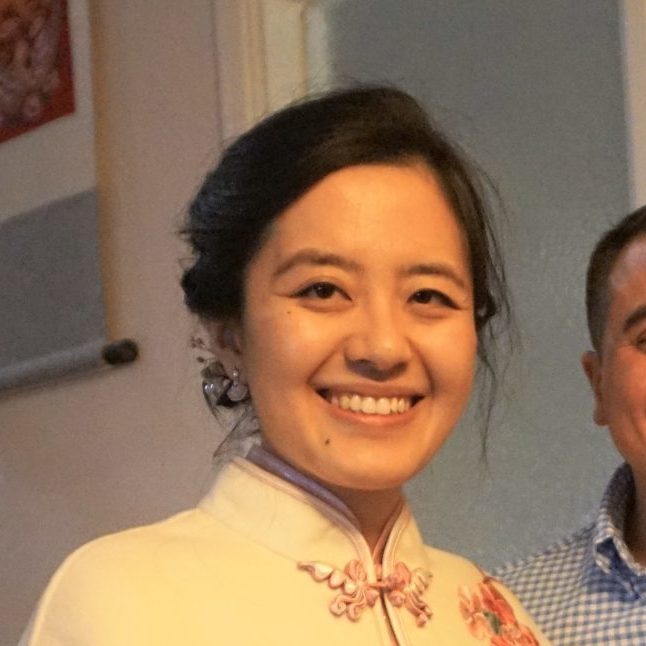
Tanya WuIPPAM 14
David Jongho Kang is IPPAM 18 who graduated in 2017. He is currently working in Korean consulate in Los Angeles as a consul. David started his professional career as a public officer about 12 years ago at the Ministry of Administration and Safety in Korea. He has experience in various departments at the Ministry Administration and Safety, including Human Resources (hire and training), safety regulation reform unit, small and medium business support team. David mostly dealt with domestic issues during his career, but he always had a dream to study abroad and to work in a foreign country.
Fortunately, David had a chance to study abroad in 2015 with government funding so he started considering various universities in the U.S. He still remembers the day of his interview with Dr. Joanna Yu, he had a really pleasant conversation, and instantly decided to join IPPAM. And this
choice was a starting point of David changing his career from domestic level to global world.
As an IPPAM student, David had three benefits. First, meeting wonderful cohorts from various nations. At IPPAM 18, the fifty students were from around 10 countries. They studied hard, spent great time together for two years and became a family – IPPAM family. Until this day, the cohorts are still well connected and share stories with each other. Second, David got a chance to learn great lectures from top class teachers. Price School has an excellent selection of lecturers for the Public Management field, International Affairs and Policy Planning. David had plenty of chances to choose what he wanted or sought for his professional career. Lastly, USC and IPPAM enlarged David’s personal and academic experience up to global scale which encouraged him to become a professional diplomat. He thinks every university has its unique strengths and characteristics, and USC and IPPAM have strong points from a global perspective. This motivate students to be more globally open minded and lead ways to become international. As IPPAM has more than 20 years of history, David believes IPPAM already has its unique and solid strengths in various points. He hopes that more IPPAM students and Alumni will be making real changes in their own professional field, to make a better global world.

David Jongho KangIPPAM 18
As a medical doctor and superintendent of Yuli Hospital, Ministry of Health and Welfare in Taiwan, the largest mental hospital in Taiwan, Anderson leads the process of reforming psychiatric subspecialties and long term care for psychiatric patients in the hospital. The IPPAM medical policy courses and training have helped him in integrating psychiatric services and long term care with current medical policy well in the hospital.
As a pioneer psychiatrist in Taiwan, Anderson’s IPPAM thesis focused on “Introducing an Integrated Court-Mandated Treatment Model of Drug Treatment Court / Driving-under-the-influence Court into Taiwan” in 2009. He has been introducing medical treatment models and policy advocacy trying to help more drug abusers and drunk drivers after returning to Taiwan. Furthermore, he has been exploring more about current progress in the Drug Treatment Court / DUI Court in North Carolina as a visiting scholar of Duke University in 2018. He currently works in Taiwan. “Fight on” as a trojan!
“Not only for me, but I think the International Public Policy and Management Program is such a great master’s degree program for mid–career professionals working in government, who are interested in improving public policy in their countries.”
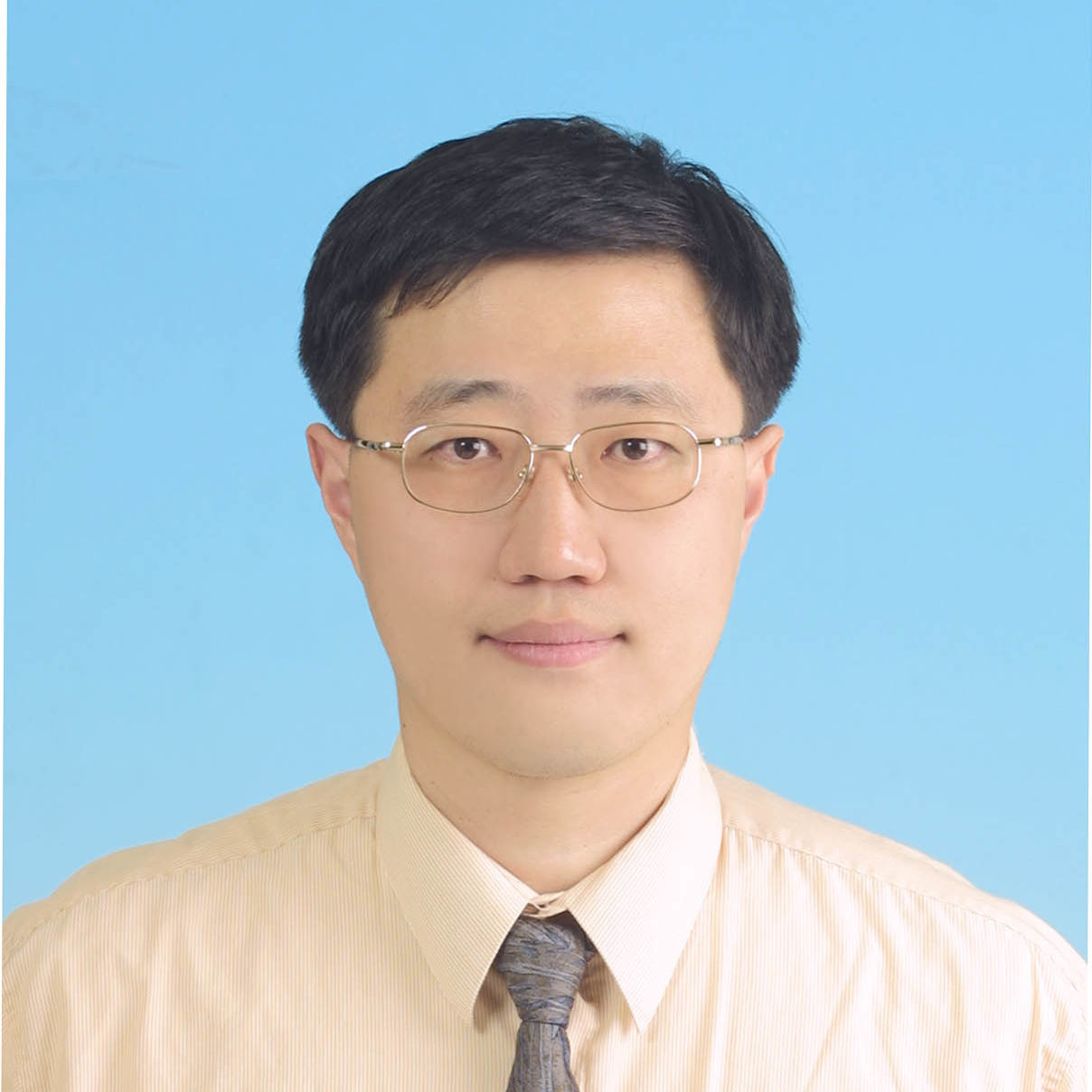
(Anderson) Tso-Jen WangIPPAM 11
Dr. Vince Okada is an assistant professor of social work at Hawaiʻi Pacific University and co-founder and vice-president of the Lōkahi Foundation (https://www.lokahi-foundation.org/), which runs The Change Academy (TCA) every summer for a youth leadership program in Hawaiʻi.
He completed the IPPAM program in 2006 (IPPAM 8). Dr. Okada also completed his Ph.D. in social welfare at the Myron B. Thompson School of Social Work at the University of Hawaiʻi at Mānoa in 2013, and also holds a bachelor degree in education from Montclair State University of New Jersey (2000). Dr. Okada has also participated in intensive leadership and social change programs, including the East-West Center’s Asia Pacific Leadership Program (2006), the Change Leadership Program (2020), and the Institute for Humane Society’s Social Change Workshop at Brown University (2008).
Dr. Okada is deeply committed to community development with a focus on diversity, well-being, and social justice for Japan, Hawaiʻi, and the Asia-Pacific region. He shares these principle missions along with the goal of expanding youth leadership, international education, and the field of indigenous knowledge including identity formation and resurgence and sustainable community development. His interdisciplinary research focuses on Japan’s indigenous people, the Ainu, their welfare, and related policy issues. His article, “The Plight of Ainu, Indigenous People of Japan” was published in the Journal of Indigenous Social Development.
(https://scholarspace.manoa.hawaii.edu/bitstream/handle/10125/21976/v1i1_02okada.pdf). Dr. Okada-Coelho serves as a council leader of the U.S.–Japan Council and is an editorial advisor of the Journal of Indigenous Social Development (https://ucalgary.ca/journals/indigenous-social-development).
For Vince, the International Public Policy and Management program (IPPAM) was a gateway to expanding his academic and professional connections, as well as his knowledge of international affairs and policies, particularly regarding Asia. Having moved to the U.S. from Japan as a teenager, he did not pay much attention to what was occurring in his home country or Asia in general at the time. Similarly, he did not really think about his ethnic roots and cultural identity. Fortunately, through IPPAM, he had classmates from all over Asia and the world who constantly discussed important issues in Asia and the world. This helped broaden his perspectives and gave him a sense of belonging.
Through IPPAM, Vince also developed his professionalism. Another valuable aspect was the opportunity to meet so many engaging and dynamic professors, instructors, and staff, from both IPPAM and the University of Southern California (USC). For example, Ms. Grace Cheng-Braun was instrumental in teaching him how to act and think like a professional and be confident in professional settings. Likewise, intensive sessions led by Dr. Thomas D’Agnes encouraged him and his fellow classmates to examine social issues and related policy perspectives. By working with group members from diverse backgrounds, he learned many practical lessons about dealing with uncertainty and how to “connect the dots”, training him to think logically and critically.
IPPAM has a genuinely welcoming and family-oriented culture. Such an environment could not have been built without the enormous efforts and dedication of the IPPAM faculty and administrative staff. Nearly all IPPAM students are international students. Studying overseas, far from family and loved ones, is not easy. Yet, as part of the IPPAM, Vince felt truly taken care of and valued. Currently in the international education field, he learned many lessons outside of the classroom, further enhancing his professionalism.
Of course, he is also grateful for the classmates he met through IPPAM. He stays in close contact with many of them, as well as Teaching Assistants, Professors, and IPPAM staff. He is inspired and motivated by hearing what everyone else is doing. Vince is a proud IPPAM and USC alumnus.
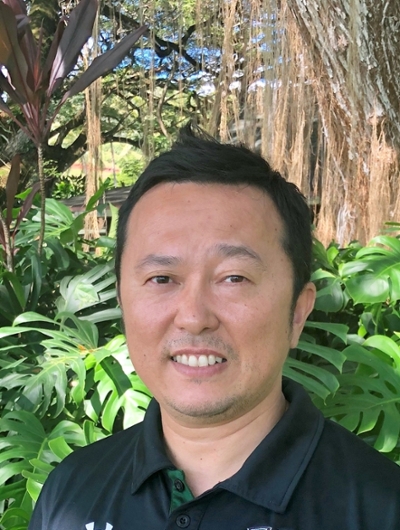
Vince Okada-CoelhoIPPAM 8
As a sales manager at JFE Steel Corporation, the largest steel manufacturer in Japan, Tomoko Takami is in charge of the Asian market after previously handling Central and South America. She credits the diversity of IPPAM with preparing her for dealing with these different cultures. “While sympathizing with the many ways of thinking and trying to coexist them, I realize that Japanese business culture may be heterogeneous to some extent. So business becomes fun by harmonizing various thoughts,” Takami said.
“By listening to other students, I could understand their background and opinions, and after that I could exchange ideas with them and understand that there are many diverse views,” Takami said. “Since I have lots of business relationships in China and Korea, I’m able to analyze their opinions from different angles and respect their customs.”
She was proud when a local newspaper recently described her as an internationally minded person, a quality that was fostered at IPPAM. She encourages young employees at her company to follow in her footsteps by living and studying abroad to improve their business sense.
“My classes have been very useful in learning how to deal with organizations, which are made of distinctive characteristics,” Takami said. “Now I have more subordinates than before, and I manage our section by taking advantage of the skills which I learned at USC, such as how to motivate, how to promote, and how to work as a team.”
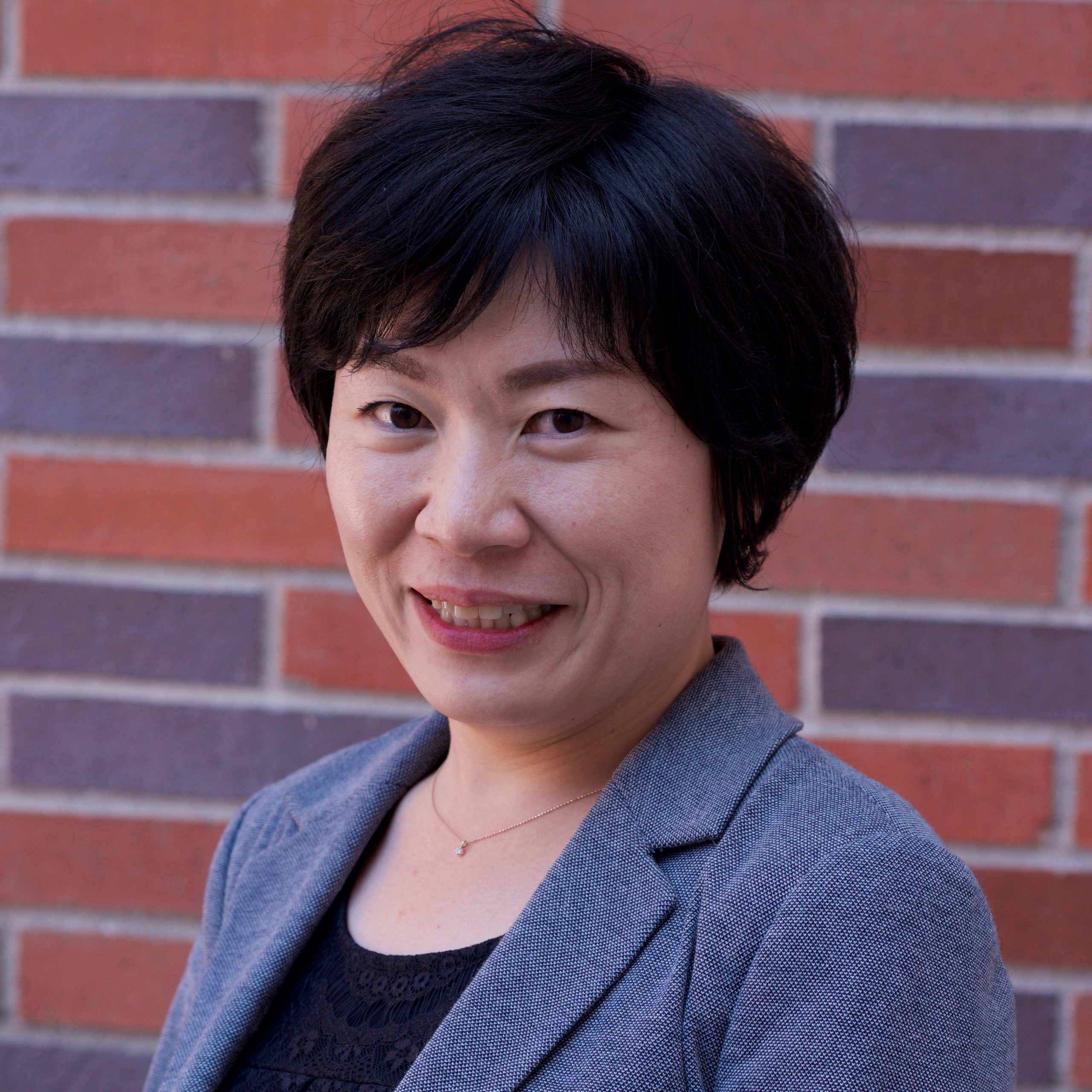
TOMOKO TAKAMIIPPAM 17
Jenny is the President and CEO of Sino Jet Management Limited, the largest private jet management company with operations across Asia. Since 2009, Jenny has been the Independent Non-Executive Director for Digital Domain Ltd – a publicly listed tech company on the Hong Kong Stock Exchange. Jenny was previously with Morgan Stanley where she obtained three financial qualifications in the United States of America. She holds a master’s in International Public Policy and Management and a bachelor’s degree in Business Administration from the University of Southern California. Jenny’s studies at the IPPAM program propelled her professional career by providing her with numerous leadership opportunities, courses that stressed analytical reasoning, and a peer group that prepared her for the diverse teams found within international corporations.

CHEONG (JENNY) LAUIPPAM 8
Merhaba earned her Bachelor’s degree in History and Management from Minzu University of China. She has been working in the Department of Human Resources and Social Security of Xinjiang Uyghur Autonomous Region of China since 2007. She currently works in the Foreign Expert Bureau as program manager, responsible for examining, approving, and supervising the international training programs in Xinjiang.
Several professors greatly impacted her IPPAM experience. Among them, professor Rym Kaki’s class was the most applicable yet challenging. She helped Merhaba develop a better understanding of policy formulation, analysis, and different ways of thinking on an array of important global issues! It shaped her professional insights. At IPPAM, she had the privilege to bond with people from all over the world. IPPAM seized every opportunity to expose everyone in a resourceful environment, such as professional seminars, meeting talented people from various fields, interdisciplinary networking events. As Merhaba described, “My favorite aspect of IPPAM was the program’s deep understanding of what it means to be an international student! IPPAM respects the students, cares about us, and fully supports its students throughout the year and beyond… I really love the feeling of having friends all over the world!”
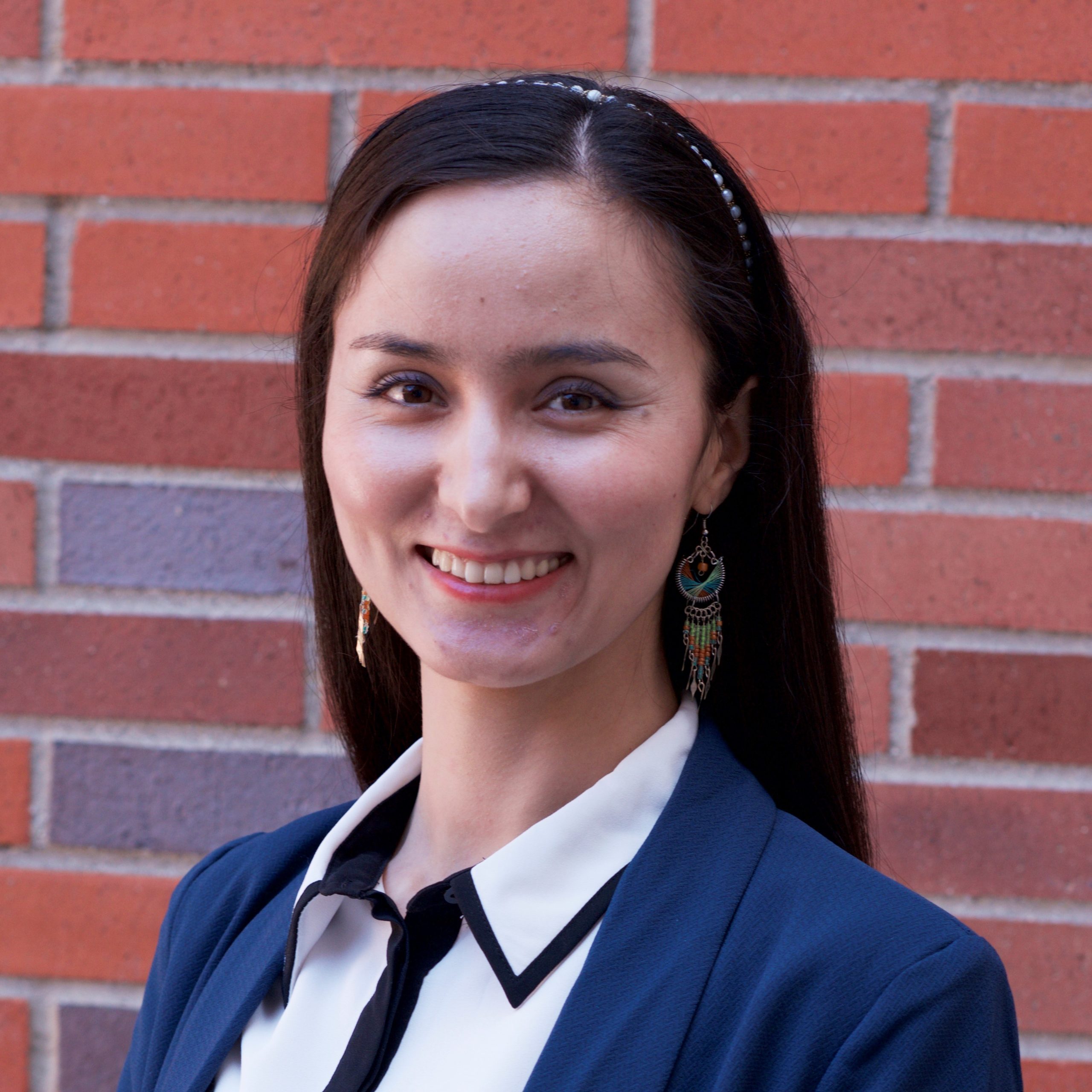
MERHABA MARMUTIIPPAM 15
Clarie Tian is an alumnus of IPPAM 5, graduating from USC in 2003. She currently is a Senior Analyst in the Quality Management Department of Kaiser Permanente Medical Center in Los Angeles. In this role, she is responsible for developing quality measurement scorecards, conducting data collection, analysis, and reporting for the medical center. In addition, she is responsible for the peer review process for the women & children and family medicine service lines. Prior to Kaiser, Claire worked in medical research consulting, managed care, pharmaceutical industries conducting project management, research design and analysis, and negotiation of pharmaceutical regulations. Claire has had extensive opportunities to investigate study design, develop survey instruments, analyze data, and evaluate the effectiveness of the studies. She is grateful to IPPAM for preparing her for a bright future in the healthcare field.

CLAIRE TIANIPPAM 5
Brian Teng Kuan Wang currently works as a project manager at the Medical University Chung-Ho Memorial Hospital (KMUH) in Kaohsiung, Taiwan. KMUH provides clinical training for its faculty and students, providing health care and medical treatment for the general public, and facilitates medical research and development. The university also installed the Digital Picture Archiving and Communication System and became the first film-less hospital in Taiwan. In excellence, KMUH also won the first prize of National Biotechnology Development and Medical Care in 2000.
Brian has been able to apply many of IPPAM class materials in his career, such as in the areas of planning, designing, and recommend policies in his numerous projects. Most importantly, now he is able to fully understand the importance of effectuating policies and be able to train his students as well. As a result, Brian appreciates that IPPAM prepared him well for his career as a project manager. The skills he developed from the IPPAM Program allow him to fulfill, compete, and excel in his career in the health industry. Brian wants to encourage all of the current IPPAM students to be open-minded and take every opportunity to participate in the international experiences that IPPAM provides.
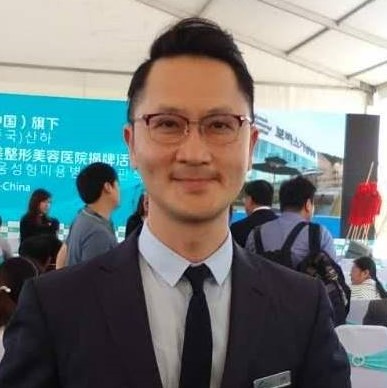
BRIAN TENG-KUAN WANGIPPAM 3
Long Wen, with more than 20 years of law enforcement experience, came to IPPAM on a Ford Foundation Scholarship and graduated from the program in 2009. After graduating from IPPAM, he served as the senior superintendent in Guangxi, China as well as in the United Nations peacekeeping units in post-conflict countries such as Liberia and East Timor, where he monitored the flow of international aids and advised local police. As of 2015, Long Wen is the current United Nations Protection of Civilians Coordinator in South Sudan. Under Long Wen’s supervision, he oversees two refugee camps under the UN Protection of Civilian sites. In addition, Long Wen commands 140 police officers from 34 countries and 240 Nepalese Formed Police officers. “Our work is critical to the people who are suffering and in urgent needs from international community. This job is very complicated, but it is exciting” said Long Wen. Through IPPAM, he was able to further develop his analytical skills which prove to be very useful in his career.
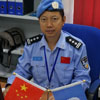
LONG WENIPPAM 10
Vincent works as the Bo Fronts Program project manager in the Industry Promotion Division at the Development Center for Biotechnology and Pharmacist in GMP Biopharmaceutical Pilot Plant Facility. The company is a NGO where 85% of the funding comes from the Taiwanese government. In his role, Vincent facilitates cooperation among foreign and local pharmaceutical companies.
Vincent believes that IPPAM trained him well in areas of decision making, policy evaluation and policy design. The most unforgettable memory at IPPAM for Vincent was studying with the world famous pharmaceutical economist, Dr. Stuart Schweitzer. Vincent remembers Dr. Schweitzer once said, “It is not about how much an item is worth. It is always about how much people are willing to pay for that item.” Lastly, Vincent wants to encourage all IPPAM students to practice their decision-making skills because, “A wrong decision in class may result in a bad grade. A wrong decision in the real world, however, may result in thousands of deaths and millions of dollars in losses.”
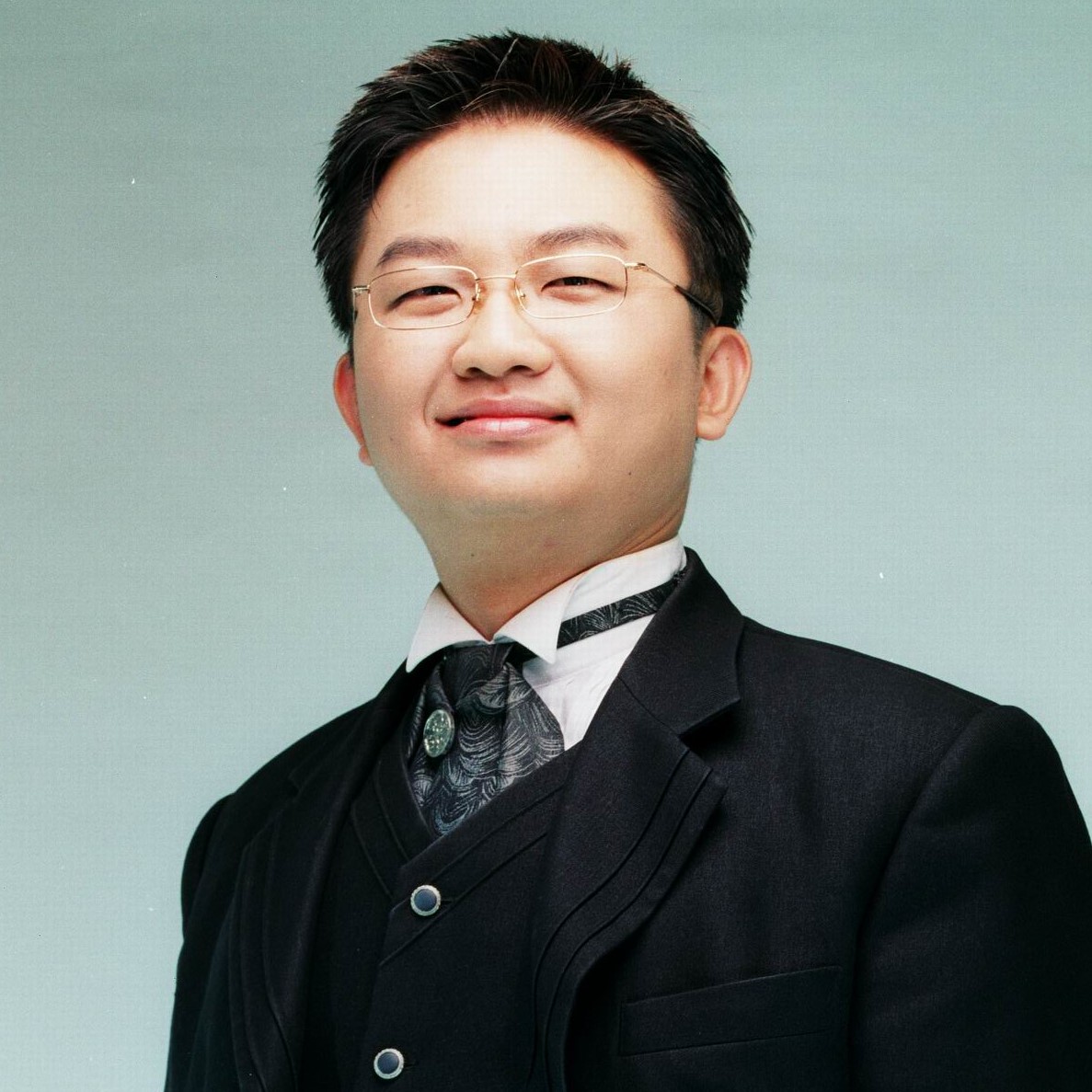
VINCENT WUIPPAM 4
Jun (Jimmy) Xing is a medical doctor by education and also holds a master’s degree in International Public Policy and Management. He currently works as the Unit Head of Country
Capacity for International Health Regulations (IHR) under the WHO Health Emergencies (WHE)
Program. Jimmy worked with the Ministry of Health of China for 18 years before joining WHO in 2009. As the Director of the Division of International Organizations, he actively participated in international efforts in emergency response to SARS, avian influenza and other public health events, and participated in many fields’ investigation missions of outbreak. Jimmy has abundant experience in disease control and outbreak response, and has contributed greatly to Polio eradication, HIV/AIDS prevention and control, and other disease control programs in China. In addition, Jimmy is also experienced in international affairs and actively involved in the negotiation for the International Health Regulations (2005) and the WHO Framework Convention on Tobacco Control. He sat on China’s delegation to WHO Executive Board and World Health Assembly. He was also a member of China’s delegation to the board of the Global Fund to Fight AIDS, TB and Malaria and contributed greatly to the inception and operation of the Global Fund.
Jimmy expressed that IPPAM trained him to be an expert in leadership skills, micro and macro economics, policy design and implementation, program management and evaluation, and working with groups from various cultural backgrounds. These trainings in the areas of public policy and administration enhanced his understanding of the functions of governments and its global cooperation efforts.
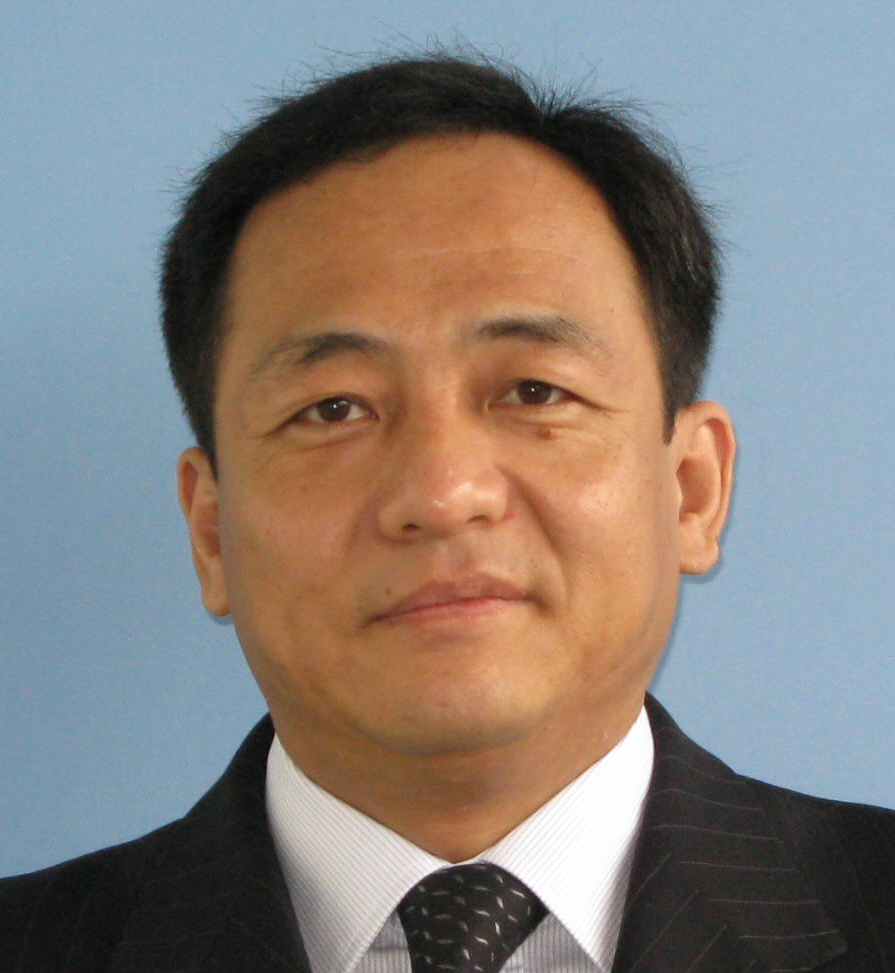
Jimmy XingIPPAM 1
Zhengyu Zhang is an alumnus of IPPAM 4. Currently, Mr. Zhang is the Chairman and the CEO of Jun Bao Investing, Inc. His company specializes in the establishment and the investment in IT related companies such as the China yellow pages and Beijing Topsec Tech, Inc. where both companies are the leading firms in its industry. Before Zhang became the Chairman and the CEO of Jun Bao Investing, Inc., he also held the position as the chairman for Jin Hua Trust Inc. in Hong Kong.
While studying at IPPAM, Mr. Zhang expressed that IPPAM prepared him well in the overall management that are applicable to his current business, particularly the importance of effectiveness of non-market forces imposing on the enterprises. He believed that the case studies and in class discussions helped him understand the managerial concepts and global vision where it influenced most of his decision making and its executions. As a CEO of a successful company in China and an USC IPPAM alumnus, Zhengyu Zhang wants to tell the coming IPPAM fellows that, “With your effort, IPPAM could be the best time in your life. Enjoy it!”
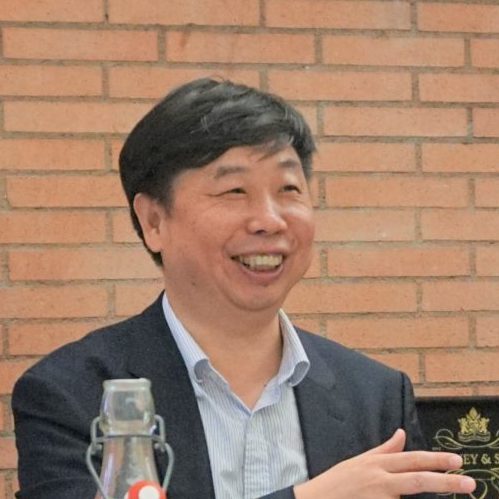
(DIXON) ZHENGYU ZHANGIPPAM 4
Michael Kuo, IPPAM 14, currently the Security and External Affairs Manager at Apple Retail in Taiwan. He graduated from the Central Police University in 2004 and majored in Fire Science. After ten years of being a first-line firefighter in New Taipei City in Taiwan, he requested to have a gap year to study abroad. He came to IPPAM and completed his master’s degree; his research was mainly focused on disaster prevention and emergency management. In order to apply his knowledge to the business field, he left his career with the government and joined Google as a Data Center Security Supervisor, he was later transferred to the Amazon Web Service in Beijing and participated in the construction of the largest data center in China. Michael also received his CPP (Certified Protection Professional), CEM (Certified Emergency Manager), and PMP (Project Management Professional).
When Michael was a firefighter in New Taipei City, he didn’t think being a firefighter was his career goal, so he joined IPPAM at USC. At IPPAM, he learned not only knowledge but also courage and t Trojan spirit. What he remembers the most was his internship with LAFD. In order to learn more about the emergency response system in Los Angeles, he searched for all the information but realized that there was no better way than to work for the Fire Department. So, he sent his resume to the HR department at LAFD and introduced his firefighter background, luckily the resume drew their attention, the Fire Chief Cummings approved for an internship position for him at the Fire Chief Office with the responsibility to enhance the implementation of LAFD’s succession project for six months. That was the very first time Michael realized that he could make his dream come true as long as he tries to make it happen. After IPPAM, he tried his best to challenge himself and successfully changed his career to private companies like Google, Amazon, and now working for Apple in his hometown Taipei.
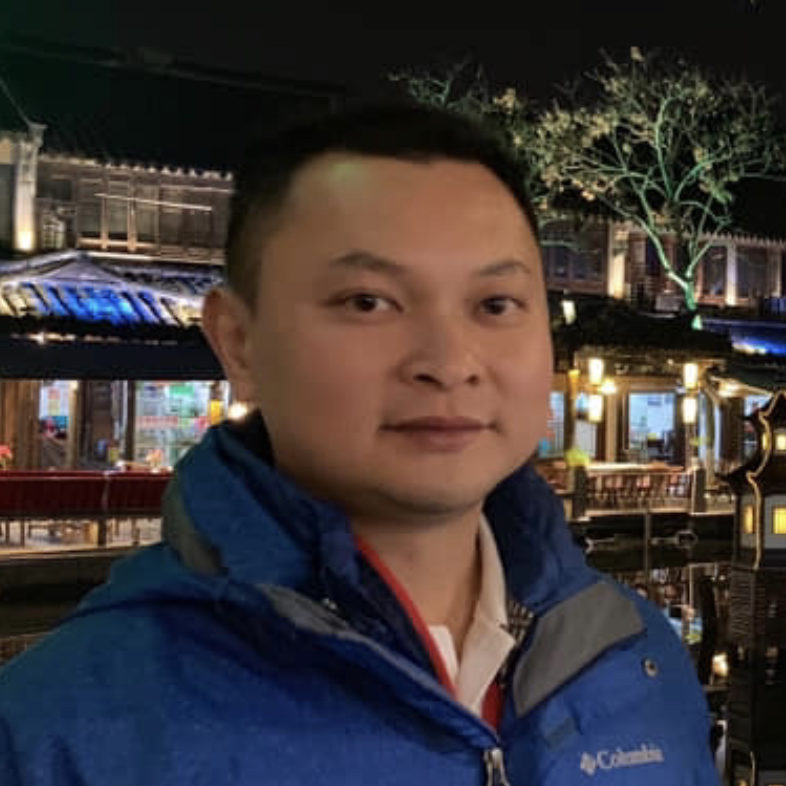
Michael KuoIPPAM 14
In the final analysis, when one reflects upon one’s life, there must be a time that acts as a turning point – much like a caterpillar’s quiet transformation inside the cocoon before it starts dancing like a butterfly. Kaiser believes that most IPPAM alumni would agree that the time at IPPAM was the catalyst for that transforming period in our lives.
First of all, IPPAM emphasizes practical work. Many students are mid to high ranking government officials back home, and they expect to bring back what they learn to contribute to and serve their home countries. These students usually know exactly what their goals and directions are. Therefore, IPPAM balances its curriculum to put equal emphasis on both theory and practice instead of mere empty talk. These courses seemed especially relevant for Kaiser, as he could always reflect upon past work experience and thereby gain even more out of them. After returning to Taiwan, the IPPAM lessons allowed him to sail through rough waters at work with incredible flexibility and ease.
Since IPPAM, Kaiser has worked as a public servant for eight years. His time in the public sector helped him to realize that IPPAM faculty gave students not only answers in the classrooms but also tools to find those answers. These are skills that no one can ever take away from the students. And whenever he encounters hurdles, it is these skills that help him to look inward into himself, explore outward into the core of the problem, and then find solutions to issues at hand. He believes this is why people say, “Teach a man to fish rather than give a man a fish.” IPPAM put in his hand not just a fishing pole but the ability to fish. As a result, no matter how poor the work environment, no matter how meager the resources, he can make his fishing pole and fishing net and always bring home a boatload of fish.
Lastly, the Trojan network is of course another benefit of attending USC and IPPAM. The ties among IPPAMers are definitely more than just acquaintances or party buddies. IPPAM is a tight-knit family – the IPPAM family. Of course there is Professor Joanna to thank for diligently planning the reunions every year. But the mutual respect among IPPAM alumni is also why students stay connected after all these years, and he is certain that such relationships are something students all hold dear to hearts.
It’s been almost a decade since Kaiser graduated. Every time he closes his eyes, he vividly sees moments of his time at IPPAM as if it was yesterday. His time at IPPAM drove him to leap forward constantly. In the past 20 years, IPPAM has incubated an elite group of alumni across sectors worldwide. Kaiser wishes IPPAM will have many more “20 years” to come and that its alumni will keep glowing for IPPAM, so the program can continue to cultivate more talent for all nations in the world.
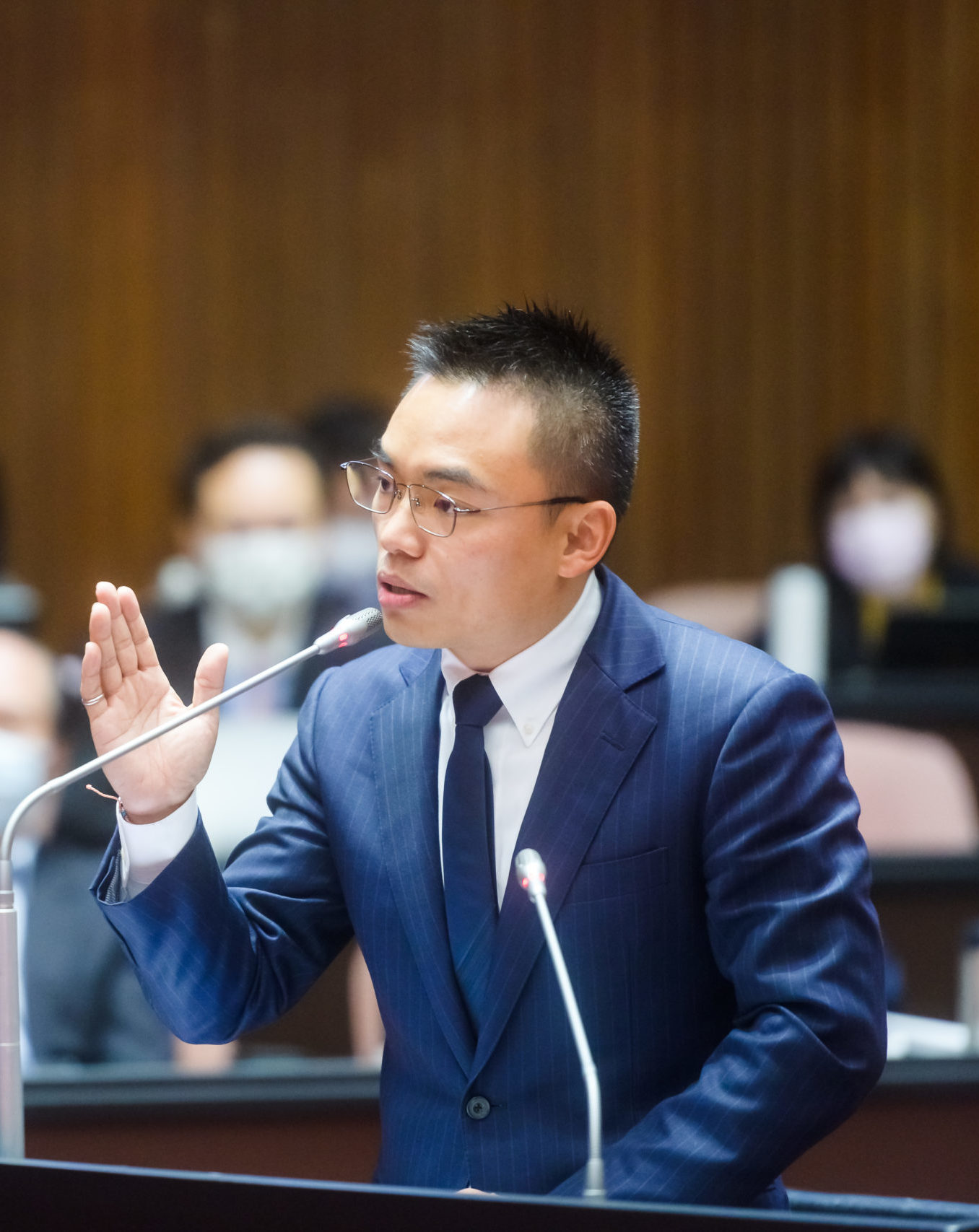
Kaiser HungIPPAM 11
George Lin was a lecturer at the National Pingtung University of Science and Technology in Taiwan between 2007 to 2015. During these years, George was involving in the Asia Farmers Association. He received the Angel Grant from the Taiwan National Development Fund for establishing the social enterprise. The Fund offers health seeding to farmers and help them to grow income. Princess Green Nursery Social Enterprise (PGNSE) established by George received the Asia 100 Social Enterprise Award in 2018 and the Food Sustainable Award in 2020.
Taiwan imports 98 percent of energy from other parts of the world every year. George learnt about the importance of collecting raw data at IPPAM and began to design a business model for combining agriculture and solar energy. This helped the farmers to produce high value crops and increase the self-energy ratio in Taiwan.
In 2009, George was asked to help manage a two-hectares solar farm. He learnt that vanilla is the second expensive spice in the world, higher than the price of silver and can be cropped under solar panel. He also understands that some international NGOs help to set up fair trade for vanilla in some countries to help the farmers. In addition, due to the green supply chain requirement, most of international food companies were asked more green production methods with raw material. George sensed the green trend of the world in the future. He designed the methods of combining renewable energy with vanilla seeding production. The first vanilla bean will be produced at the end of 2021.
For George, the training IPPAM provides to policy makers is not only to be applied in establishing policies, but also in a business setting. Photo credit: Global Views Monthly
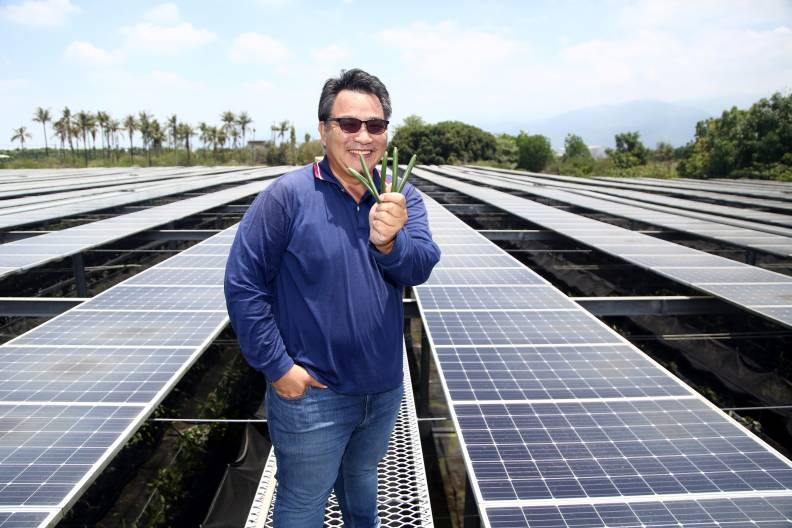
George LinIPPAM 4
Kyle is a senior firefighter from Taiwan. His responsibilities encompass administrative management besides disaster rescues as section chief of the department. Studying at IPPAM further triggered his interest in public policy and the managerial aspects of the study.
“I was fascinated by the sparks raised by the new knowledge I learned crossing over my past organization management experience,” Kyle said about his IPPAM experience.
After graduating from the program, Kyle brought what he learned back to the firefighter department. In his project “AI forensic,” he took the initiative to contact AI/ML talents from university and jointly established a system utilizing image recognition technologies to overcome the difficulties in the traditional fire investigation field.
Kyle is now pursuing a Ph.D. at Chengchi University, one of the top-tier Universities in Taiwan known for its social science studies, with a research topic, “Public Policy from the Big Data Perspective – The Application and Development of Internet Public Opinion Analysis.”
For his future goal, Kyle is committed to applying explainable AI (Explainable Artificial Intelligence, transparency) and no-code AI (accessibility) to public policy studies, which he believes could help public policymakers to formulate appropriate policies.
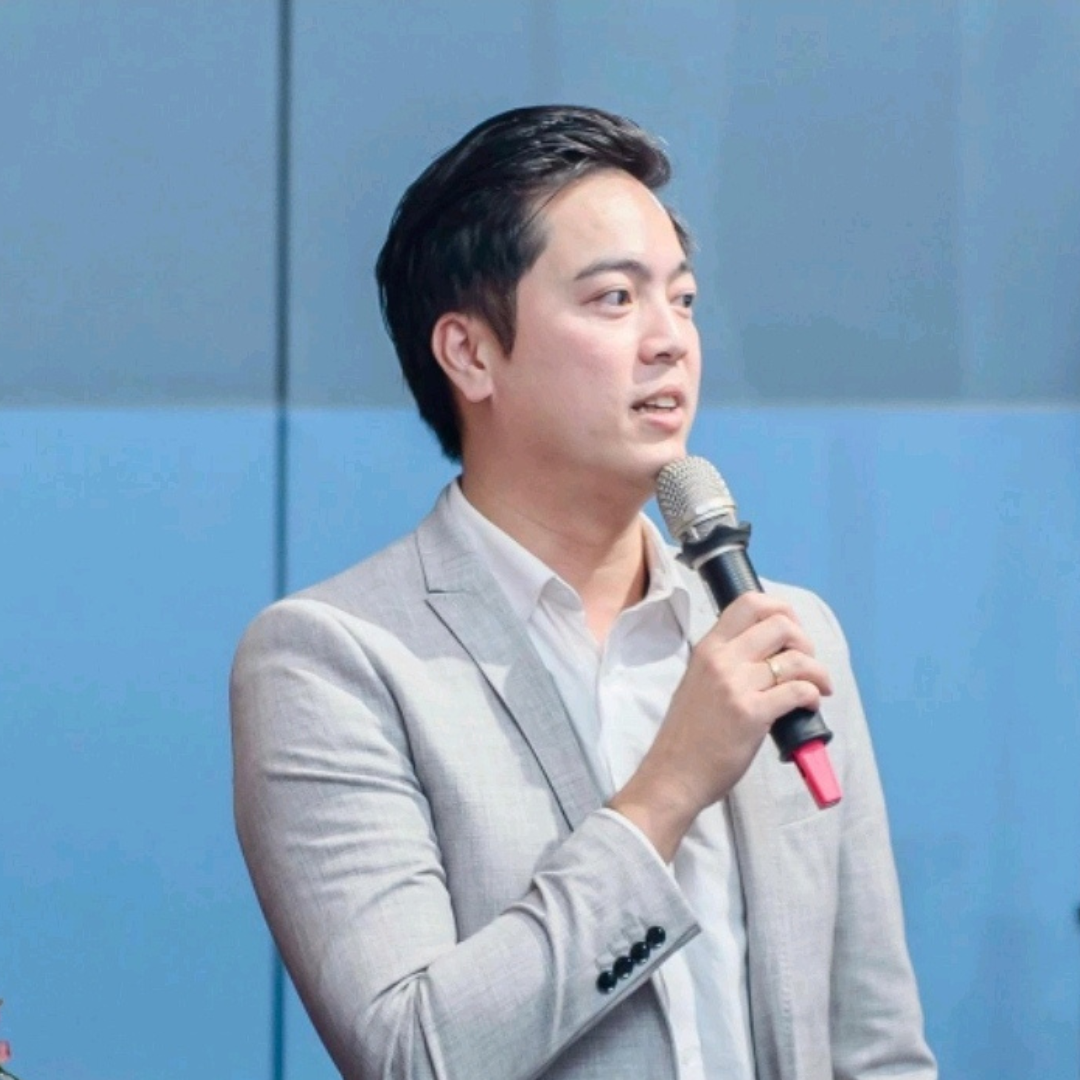
Kyle Yulun KuoIPPAM 15
Previous
Next
Go Back to Alumni Page
